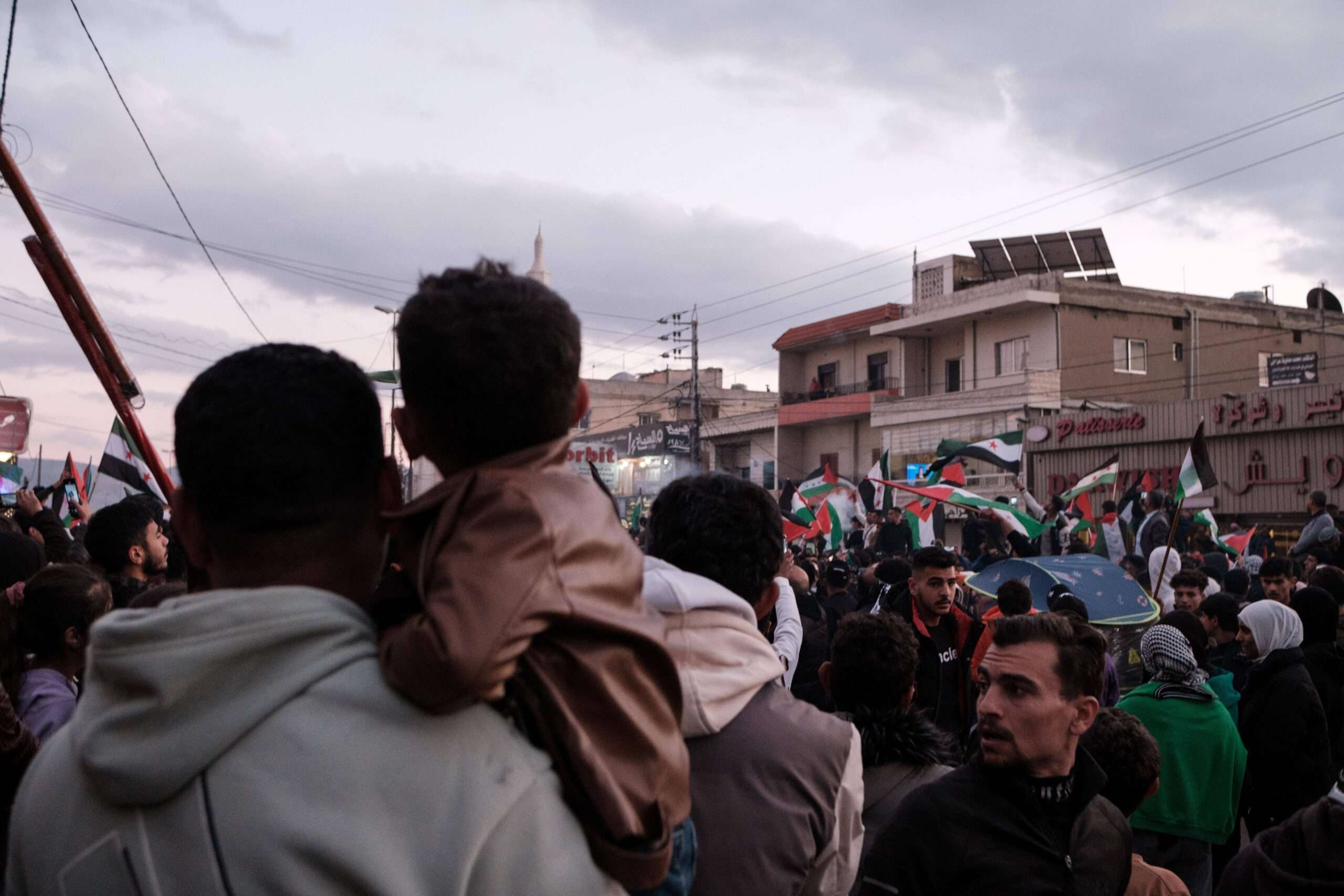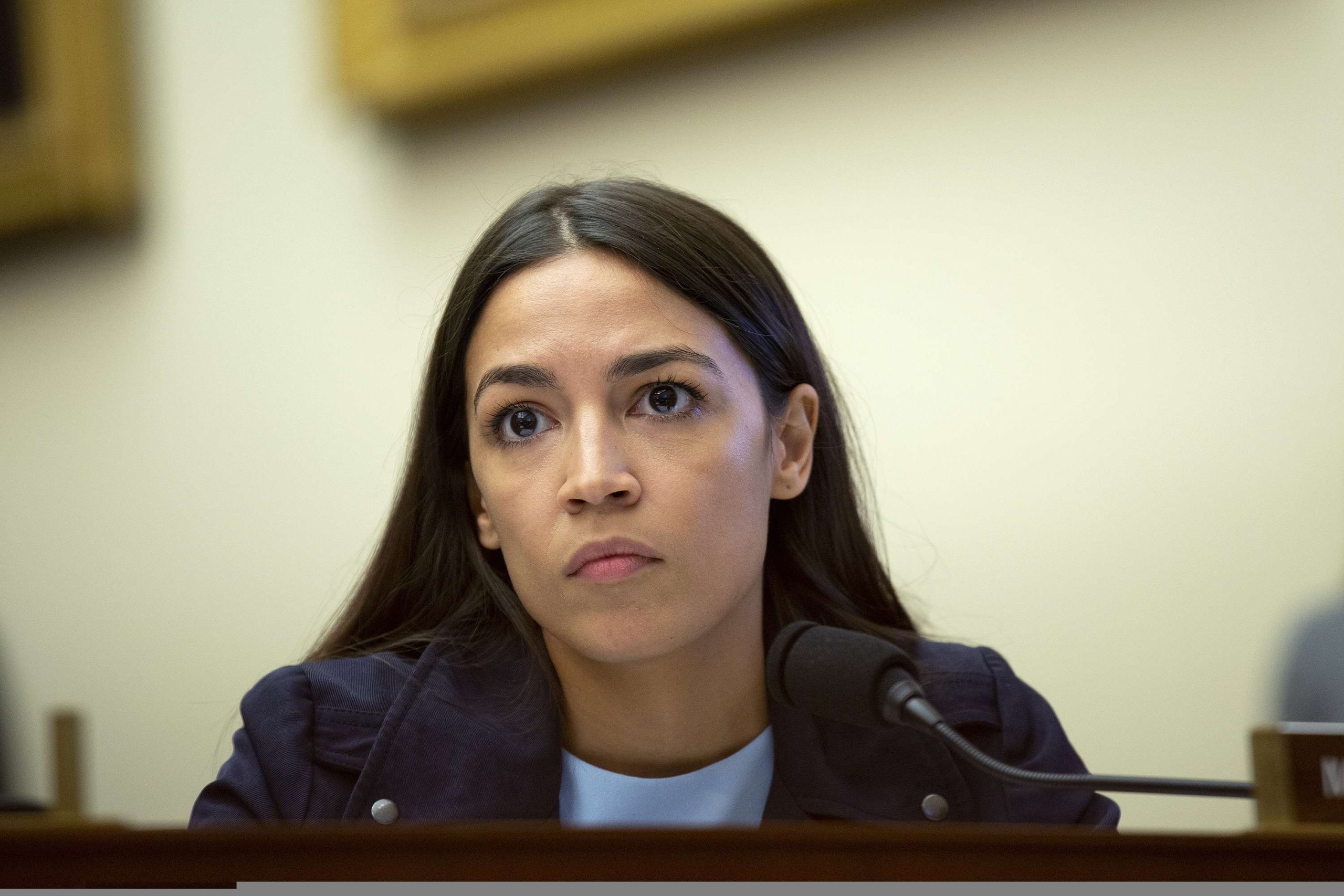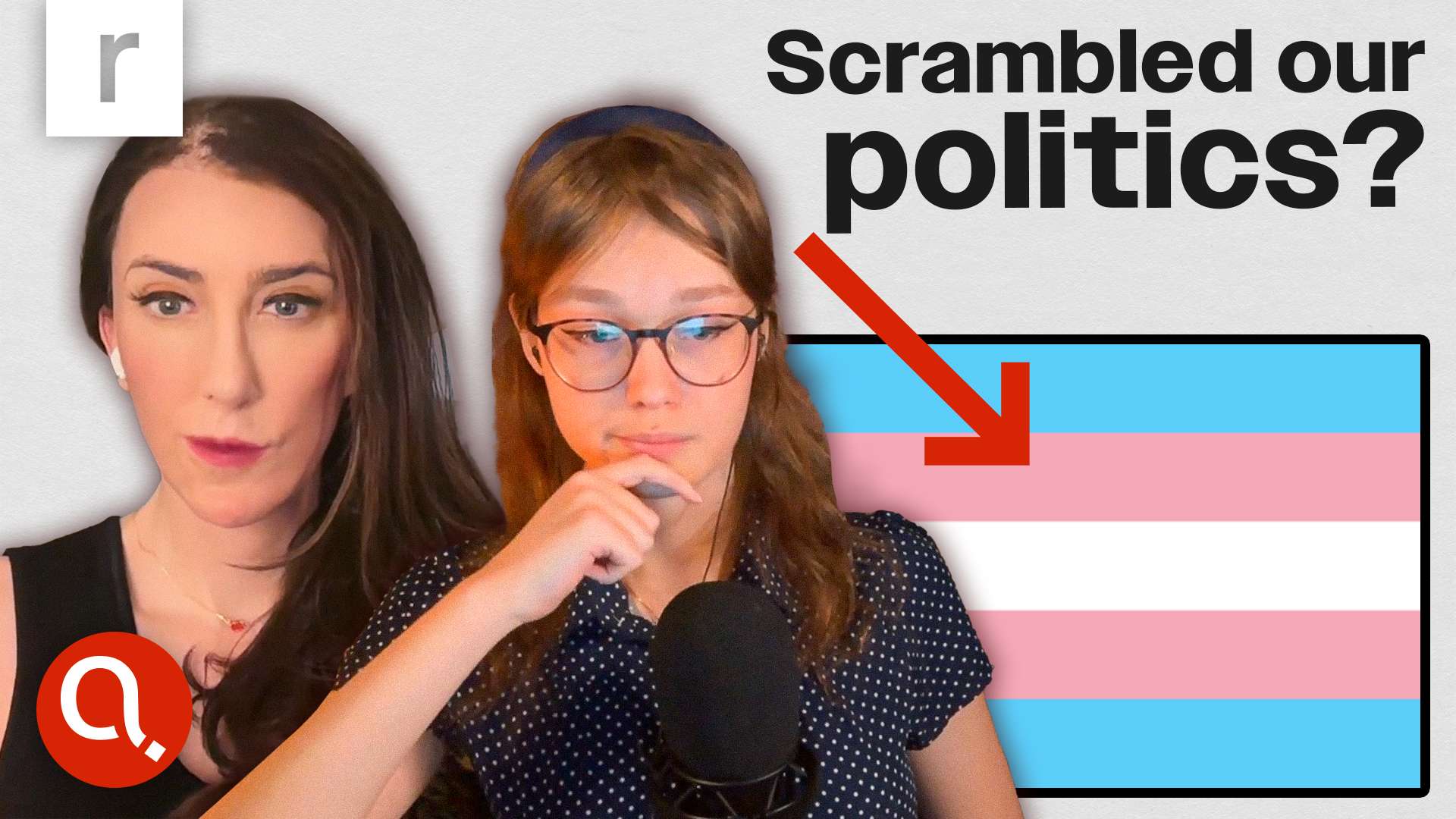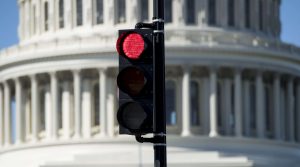The Assad Regime’s End
The Fall of Assad and the Ensuing Chaos
The unexpected collapse of Bashar al-Assad’s regime in Syria has sent shockwaves across the Middle East and the international community. After 13 years of brutal civil war, a swift offensive by a rebel alliance, primarily led by Hayat Tahrir al-Sham (HTS), overwhelmed government forces and secured control of key cities, including Damascus. The rapid crumbling of Assad’s power, despite years of support from Russia and Iran, underscores the volatile nature of the Syrian conflict and the shifting regional dynamics. Assad’s acceptance of asylum in Moscow marks a significant turning point, highlighting Russia’s strategic recalculation in the region. The absence of robust intervention from Russia and Iran, historically staunch allies of the Assad regime, suggests a potential reassessment of their interests in Syria amidst the changing political landscape. This unexpected turn of events has left a power vacuum in Syria, creating fertile ground for increased instability and potential conflict among various factions.
The swift rise of HTS, a group with complex and controversial origins, adds another layer of uncertainty to the future of Syria. While HTS has attempted to distance itself from its past affiliations with Al-Qaeda, concerns remain about its ideology and the potential for further radicalization in the country. The fall of Assad, though celebrated by many Syrians weary of his oppressive rule, does not necessarily guarantee a peaceful transition. The absence of a clear successor and the presence of multiple armed groups vying for power present a significant challenge to establishing stability and rebuilding the war-torn nation. The complex interplay of these internal factors, combined with the opportunistic actions of regional players, sets the stage for a potentially protracted period of instability and conflict.
Regional and International Implications of Assad’s Ouster
The power vacuum left by Assad’s ouster has triggered immediate responses from regional actors seeking to advance their own interests. Israel’s incursion into Syrian territory, its first overt military action since the 1970s, reflects its concerns about the potential security threats arising from the instability in Syria. While Israel claims the incursion is temporary and aimed at preventing the proliferation of weapons, it underscores the heightened tensions and potential for escalation in the region. Simultaneously, Turkey’s targeting of U.S.-backed Kurdish forces in northern Syria highlights the diverging interests of the two countries in the region and further complicates the already intricate web of alliances and rivalries. These actions emphasize the volatile and unpredictable nature of the current situation, where regional powers are maneuvering to secure their strategic objectives in a fluid and rapidly changing environment.
The international community faces a critical challenge in navigating the post-Assad landscape. The potential for increased humanitarian crises, the resurgence of extremist groups, and the risk of wider regional conflict necessitate a coordinated and strategic response. The need for a comprehensive peace process involving all stakeholders is paramount to prevent further escalation and address the root causes of the conflict. The United States, in particular, faces difficult choices in balancing its competing interests in the region and working with allies to achieve a stable and lasting solution. The changing dynamics in Syria have far-reaching implications for global security and require a concerted effort from the international community to mitigate the risks and promote a more peaceful future for the region.
Domestic Political Developments and Social Justice Issues
On the domestic front, the political landscape is undergoing its own shifts and realignments. Representative Alexandria Ocasio-Cortez’s bid for a leadership role on the House Oversight Committee underscores the generational shift within the Democratic Party and her growing influence. Her ambition, coupled with the support she has garnered, signals a potential change in the party’s direction and a focus on issues that resonate with younger voters. The ongoing trial of Daniel Penny in the death of Jordan Neely continues to draw attention to critical issues of mental health, homelessness, and criminal justice reform. The deadlock in the jury highlights the complexities of the case and the differing perspectives on the use of force in public spaces.
The dismissal of the more serious manslaughter charge against Penny, while allowing the jury to consider a lesser charge, underscores the challenges in achieving justice in cases involving complex social and political dynamics. The ongoing debate surrounding Neely’s death reflects a broader national conversation about systemic inequities and the need for more humane and effective responses to mental health crises and homelessness. These developments highlight the intersection of individual tragedies with larger societal issues and the ongoing struggle for social justice and reform within the American context.
Economic and Social Concerns
The potential return of Donald Trump to the presidency has raised concerns about a renewed trade war with China and its impact on global economic stability. China’s proactive measures to loosen monetary policy and expand fiscal spending indicate its preparedness for economic challenges in the coming years. The emphasis on boosting consumption aligns with international calls for China to play a more active role in stimulating global economic growth. The economic policies of major global powers and their potential impact on international trade and financial markets highlight the interconnectedness of the global economy and the need for cooperation to address shared challenges.
Meanwhile, the ongoing humanitarian crisis in Haiti and the Dominican Republic’s controversial deportation policies underscore the human cost of political instability and economic hardship. The inhumane treatment of Haitian migrants raises serious concerns about human rights violations and the need for international intervention to address the root causes of the crisis. The proposed legislation in Missouri to incentivize reporting of undocumented immigrants raises alarms about potential vigilantism and the targeting of vulnerable communities. These developments reflect the ongoing challenges related to immigration policies and the need for humane and comprehensive solutions that respect the dignity and rights of all individuals.
Concluding Reflections
The confluence of these events, from the dramatic fall of Assad to the ongoing political and social struggles in the United States and the humanitarian crisis in Haiti, underscores the complex and interconnected nature of global challenges. The need for informed and nuanced analysis of these events is critical to understanding the forces shaping our world and to promoting a more just and equitable future. The importance of independent journalism and open dialogue cannot be overstated in navigating these complex issues and fostering a more informed and engaged citizenry.
Share this content:











Post Comment